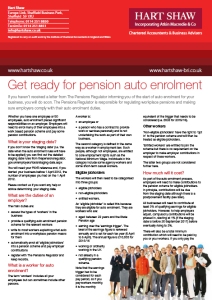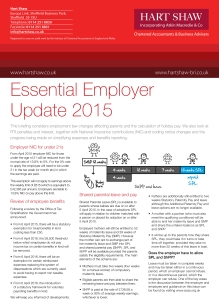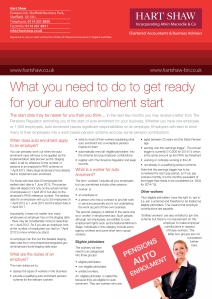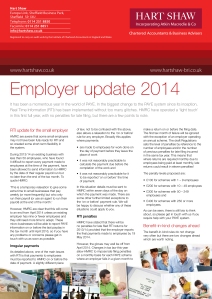Guest blog from Jon Curtis of Ironmonger Curtis Solicitors.
Jon Curtis is a Sheffield based employment law solicitor with Ironmonger Curtis and has many years’ experience advising local employers and executive employees.
Settlement Agreements – what are they ?
If two neighbours have a legal dispute then reach a settlement, the parties don’t have to use any particular form of

Jon Curtis, Partner at Ironmonger Curtis LLP
words, or even write the terms of settlement down. They can just agree a deal orally and it is probably legally binding (as long as they can prove they did actually do a deal).
For employment disputes the law is different. An agreement settling statutory claims between employers and employees has to be written down, it has to be signed by the employee’s own (independent) solicitor, and certain other formalities need to be complied with.
The reason for this is that generally speaking the bargaining position between an employer and an employee is not a fair one. Often, the employer holds all the cards (although not always) and has considerable sway over even a former employee, in terms of references and so on. For that reason the Government deemed it good social policy to ensure that the agreement was always in writing and the employee had independent advice.
Common terms in settlement agreements
Generally speaking, the employer pays some money in return for a promise that the employee will not bring claims.
How much the employer pays depends entirely on the circumstances. Often, there will be a payment of notice pay, an amount for accrued but untaken holiday pay and commonly there may also be a redundancy payment. In many cases there is also a payment to the employee specifically for signing the agreement. This is a ‘without obligation’ payment (called an “ex gratia”) which is the employee’s inducement for signing the agreement.
The size of the ex gratia payment depends on certain key factors, for example:
- The strength and value of the employee’s claims (if any);
- The goodwill the employer has towards the employee (or lack of it);
- The relative bargaining strength and mental strength of the parties involved;
- The desire to keep matters confidential (this can cut both ways); and
- The desire for a speedy settlement.
The employee is often required to keep matters (particularly the size of the employer’s payment) confidential, and is required to give an undertaking in this regard. It is for this reason that settlement agreements are sometimes called “gagging clauses” in the popular media.
Often the employee will want a reference, and indeed will want the wording of that reference set down in black and white. Employers will often agree to this as long as they are able to change the reference if substantial new facts come to light which change the validity of the reference.
Sometimes employers wants certain warranties or promises; for instance that the employee has not secretly committed gross misconduct in the months leading up to termination. It would be very galling for an employer to sign an agreement, find out the employee has stolen from them, and still be legally required to pay the termination payment. Therefore, sometimes there is a commitment that the employee will repay the ex gratia figure if key terms of the settlement agreement are breached.
Some claims cannot be settled
It is always worth remembering that settlement agreements cannot settle all employment claims. There are two important exceptions (although there are others):
- A failure to inform and consult with appropriate reps on collective redundancies;
- A failure to inform and consult under the TUPE Regs or a failure to provide the employee liability information.
What costs are involved with a settlement agreement?
Generally a simple settlement agreement can be drafted by a specialist lawyer within an hour or two. Obviously, this time goes up if there are any complex issues involved.
The employee then takes the agreement to their own solicitor. The employer traditionally makes a contribution towards the employee’s costs. Solicitors normally want a minimum £250 plus VAT for this advice.
Of course these costs come in addition to the payments made to the employee and legal costs can rise quickly if there are protracted negotiations over the terms.
What is a protected conversation?
The government have recently introduced a new concept: that of the protected conversation.
In simple terms, an employer is now able to propose a meeting to an employee at which an offer to terminate the employment is tabled. There are certain formalities to comply with.
If the employee accepts the offer made, a settlement agreement would normally be drafted, recording the agreed terms of departure.
More information about settlement agreements can be found here.
Jon Curtis can be contacted on T: 0114 272 1903 or Email: jon.curtis@ironmongercurtis.com
www.ironmongercurtis.com
Ironmonger Curtis on Twitter
Connect with Jon on LinkedIn





